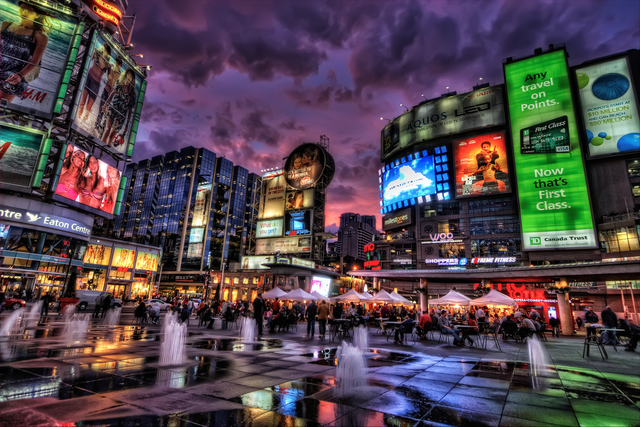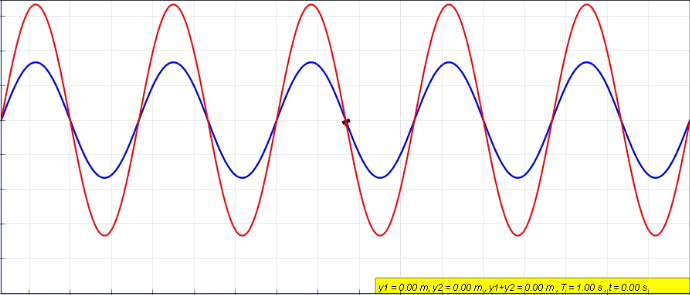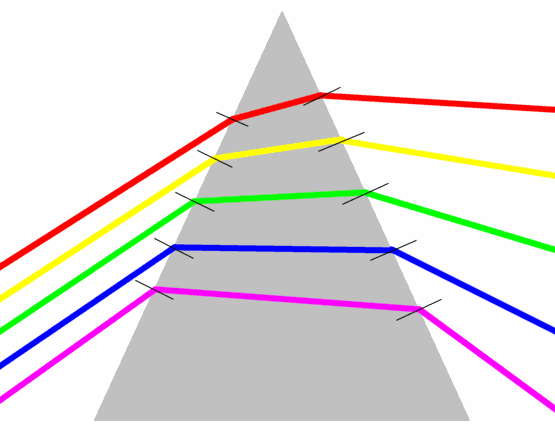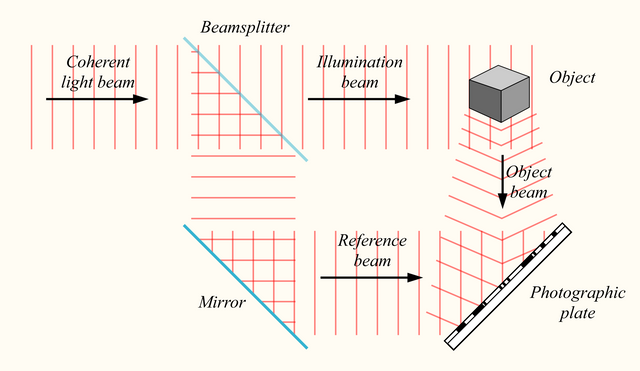Hologram Advertising, The New Era of Billboard?
One thing I have come to know is that we all like significant numbers when it comes to money. When we scroll to the bottom of our Post on Steemit and see the numbers going up, we do smile, and the feeling is also good. The sense that we have made an excellent post and the numbers (Money) is going up is unexplainable.
One industry that has this significant numbers over the years is Advertisement. Global advertising is a multi-billion industry, and worth over $600 Billion (US Dollars) in 2017. Any industry that is this big, must have a technology backing; as technology evolves so is the advertising industry.
Advertising Outdoor
Outdoor advertising is a segment of advertisement that is done outdoors; it showcases products and services. Outdoor advertising includes Billboards, taxis and business vehicles, the exterior of houses, interior and exterior of buses etc.
Billboards are one of the most effective types of outdoor advertising because of the large audience they serve. Billboard advertisement has evolved like technology and advertising industry, and we see a new era of billboards, The Holographic Billboards.

Holographic Billboards
Holographic billboards are billboards of the future; they are designed to present eye-catching images on a screen in 3D. The image is produced by shining light onto a hologram and projecting it to a screen or by looking into a holographic print that is illuminated.
Holography uses the same technique as a sound recording; it enables a light which has been reflected off an object to be recorded and reproduced when the source is not present, just like a sound from a musical instrument or vocal can be encoded in a way that it can be played later.
Making of the hologram:
A hologram is the photographic recording of light reflected off an object. Let 's look at some properties of light that are necessary for making a hologram.
Hologram is made by using two important properties of light;
- Diffraction
- Interference

Interference: This is a phenomenon that happens when two waves meet to form a resultant wave of higher, lower or the same amplitude.
Interference can be either constructive or destructive. Constructive interference happens when the phase difference between the two wave is an even multiple of pi (π), that is 2π etc. This is seen at any location the two waves interfering have displacement in the same direction either downward or upward.
Destructive interference happens when the phase difference is between the two waves an odd multiple of pi (π); this occurs at any point along the medium where the interfering waves have a displacement in the opposite direction. The figure shows two waves green and blue and their resultant interference is the red wave.

Diffraction this is the various phenomena that happen when a wave passed through an obstacle. It is the change in the course of the wave when it passes through an opening or barrier in their path.

Reflection is the change in indirection as they bounce off an obstacle.

Refraction is the change in the direction of waves as they passed from one medium to the other. Understanding these properties of light is crucial to understand how a hologram is made.
To make a hologram, a light source (laser) is reflected off an object you want to record; the laser beam is split into two halves. One is known as object beam and the other as reference beam. The object beam is passed through a mirror ( Semi-silvered mirror, a glass coated with thin silver ) such that half of the laser is reflected, and the half passes through it. The recording medium (Photographic plate) is placed where the reflected light will strike it. The other half of the beam (reference beam) is made to shine directly on the photographic plate; interference pattern is formed at the point the beams interact on the medium to create a hologram. Laser beams are more coherent than torch lights and pure in colour and composition.

The following are required to make a hologram;
- An Object or Set of Objects: This is the material the laser will shine on and will be recorded on the photographic plate.
- Laser Beam (Light Source): This is the source of light for the recording, the light produced is coherent and has one wavelength.
- Recording Medium: This is where the interference is converted to optical element and modifies the amplitude or the phase of the incident light
- A stable environment that provides sufficient stability of the interference pattern during the recording.
- Half of the laser beam to be directed to the object(Object beam) and half that illuminates the recording (Reference beam).
Reconstruction and Viewing of a hologram
Illuminating the hologram plate by a laser beam that is identical to the reference beam used in recording the hologram, the replica of the original object wavefront is obtained. Then, the reconstructed image is seen by the eye or camera as it would have seen looking at the original object.
To get the exact object beam, the reconstructing beam and the original reference must be identical, and the recording plate must be able to resolve the interference patterns formed by the reference beams and the object.
Applications

Security: Holograms are used to enhance the security of currencies, security holograms are a replica of holograms produced from high technology equipment, thus are difficult to forge. They also use in creating a hi-tech logos for companies, on credit cards, on products to stop counterfeit.
Data Storage: holographic data storage is used to store data at high density in polymers. This might be the next generation of data storage because of the amount of data that can be stored.
Military Intelligence: it is used to provide surveillance, terrain mapping in 3D to the military.
Billboard Advertising
Holographic advertising is seen as the next generation of the billboard (indoor and outdoors). Moving from our traditional 2D displays (billboards and LED)
To 3D advertising would revolutionise the way companies present their brands to potential customers. At Consumer Electronics Show (CES 2018) we saw companies like Kino-mo and holograph 'wow' people with their hologram advertising products. You can watch the video of Hypervsn. The products announced have prices ranging from $500 to $3000 (US Dollars) and can be combined to produce giant billboards. The product spins to project a 3D hologram that can be seen with the eyes. Many of these products can be managed from a central location; This would help retail companies manage their advertising from one source.
Thank you for reading my post.
Image credits : 1, 2, 3, 4,5,6,7
References:
If you write STEM (Science, Technology, Engineering, and Mathematics) related posts, consider joining #steemSTEM on steemit chat or discord here. If you are from Nigeria, you may want to include the #stemng tag in your post. You can visit this blog by @stemng for more details. You can also check this blog post by @steemstem here and this guidelines here for help on how to be a member of @steemstem.

Sounds very destracting!
Excellent post! You write a lot on next-generation technologies. Watching movies in 3D is very eye-catching, I can imagine how 3D billboards would redefine advertising industry, Having price range of $500-$3000 (USA Dollars) will be a deal breaker, and I see a lot of companies hopping in on that.
Thank you for sharing such an informative post.
I totally agree with you, the first time I saw a 3D movie, it was a wonderful experience for me.
Thank you for reading!
Holographic advertising would not only make advertisers more money but it would also be entertaining for the viewers, leaving indelible impression on their psyche and helping buying decision making. Well written post as usual. Thanks for sharing.
Thanks for reading. That is true.
Being A SteemStem Member